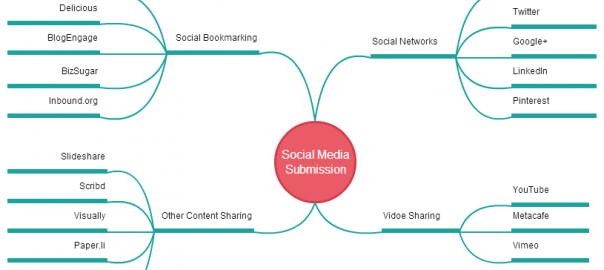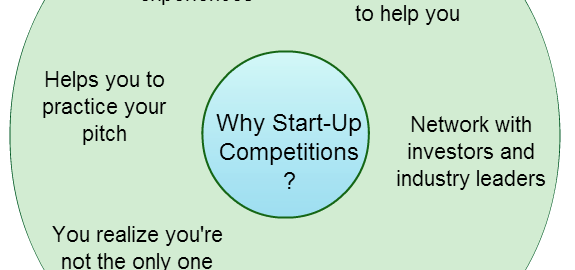Social media has opened up a huge avenue for startups and small businesses to reach their target audiences. It’s not that large companies can’t reach them via social media. But they already have the budget and means to reach them… Read More


Social media has opened up a huge avenue for startups and small businesses to reach their target audiences. It’s not that large companies can’t reach them via social media. But they already have the budget and means to reach them… Read More

As a start-up we have gained a lot from start-up competitions, so we can say with certainty that it’s one of the best things that can do as as a start-up. It would be a great boost if you win something,… Read More